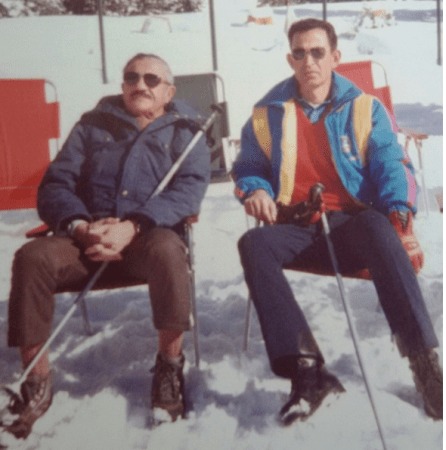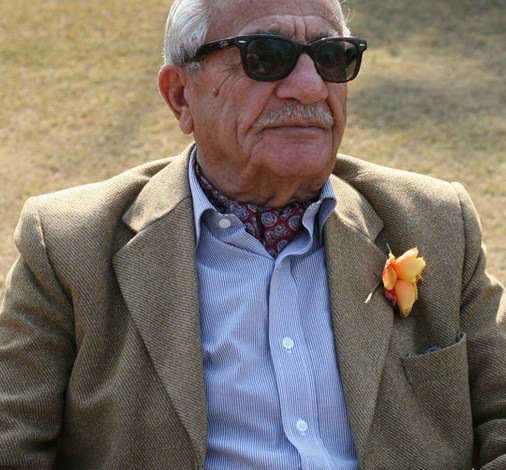
From Soldier to Mountaineer
Today, on Gilgit Mutiny Day, we remember a pivotal moment in history—the uprising on November 1, 1947, when local scouts and officers courageously rose against the Dogra rulers and aligned Gilgit-Baltistan with Pakistan. Among the heroes of that movement stands Group Captain Mohammad Shah Khan of Hunza, a quietly remarkable figure whose story deserves to be told.
Born in April 1924, Shah Khan was the son of Sir Mir Mohammad Nazim Khan, the ruler of Hunza. Growing up surrounded by towering mountains and the royal court’s traditions, he developed a unique blend of strength and grace. Whether horseback riding, practicing archery, or playing polo, Shah Khan embodied the resilience and spirit of Hunza. But his legacy goes far beyond his military bravery. He was also a pioneering mountaineer, explorer, and the founder of Pakistan’s high-altitude survival training.
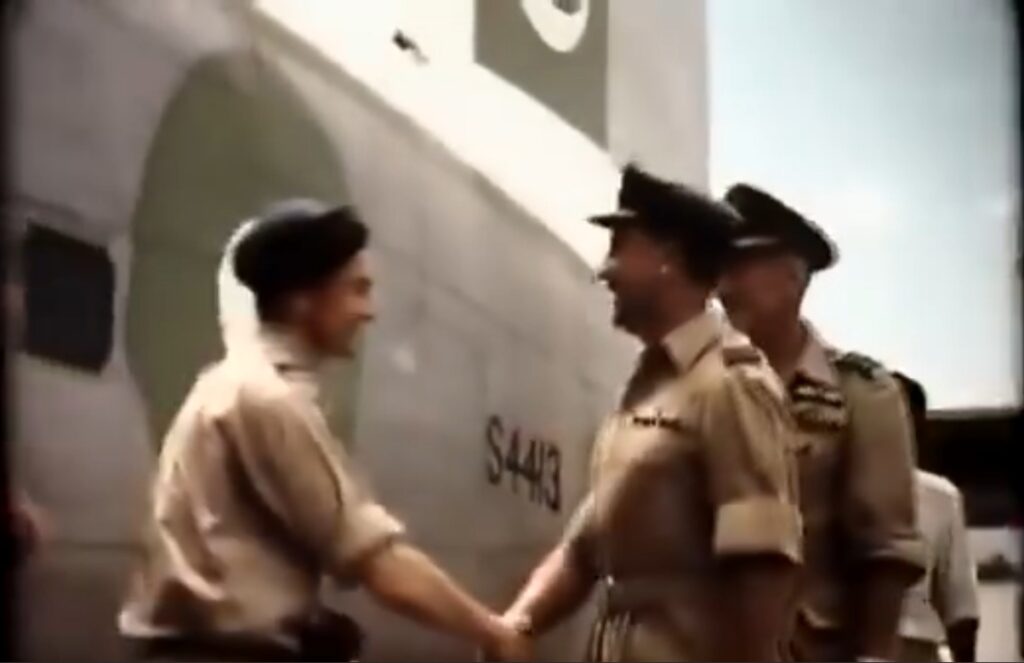
After playing a key role in Gilgit’s liberation in 1947, Shah Khan shifted his focus from soldier to mountain climber, exchanging his rifle for an ice axe. In 1958, he was instrumental in establishing the Pakistan Air Force’s Snow Survival School in Naltar. This groundbreaking project introduced skiing and formal mountain survival training to Pakistan for the very first time. Shah Khan built ski slopes, installed lifts, and created rigorous training programs for aircrew survival across snow, desert, and jungle environments, laying the groundwork for both Pakistan’s military and adventure skiing cultures.
The Rakaposhi Expedition, 1958
In 1958, Shah Khan joined the British-Pakistani Rakaposhi Expedition—an important collaboration between Western climbers and Hunza’s local highlanders. According to the Alpine Journal (1962), the British-Pakistani Forces Himalayan Expedition of 1958 brought together nine carefully chosen climbers — equally representing the British armed forces and Pakistan’s military. Among them was Captain Shah Khan of the Northern Scouts, one of the most significant members of the team.
As a native of Hunza and uncle of the Mir, Shah Khan personally selected six Hunza porters, whose strength and spirit became vital to the expedition’s success. His leadership ensured trust and coordination between the foreign climbers and local high-altitude workers. The report notes that the team’s hopes for the Hunza porters, inspired by Shah Khan’s confidence in them, were “not disappointed.”
Their incredible spirit shone through when they survived a massive avalanche that sent them plummeting 1,500 feet down the mountain without serious injuries. Shah Khan’s leadership and intimate local knowledge united the team, ensuring a successful summit that became one of the era’s Himalayan climbing highlights.
British Royal Air Force Karakoram Karakoram Expedition, 1961
In 1961, he partnered again with international climbers during the Royal Air Force Karakoram Expedition, exploring the Baltistan and Hushe valleys. The Royal Air Force Karakoram Expedition of 1961 records Shah Khan’s active participation in one of the final and successful ventures of the mission — the first ascent of Etwar Peak (also called “Sunday Peak”).
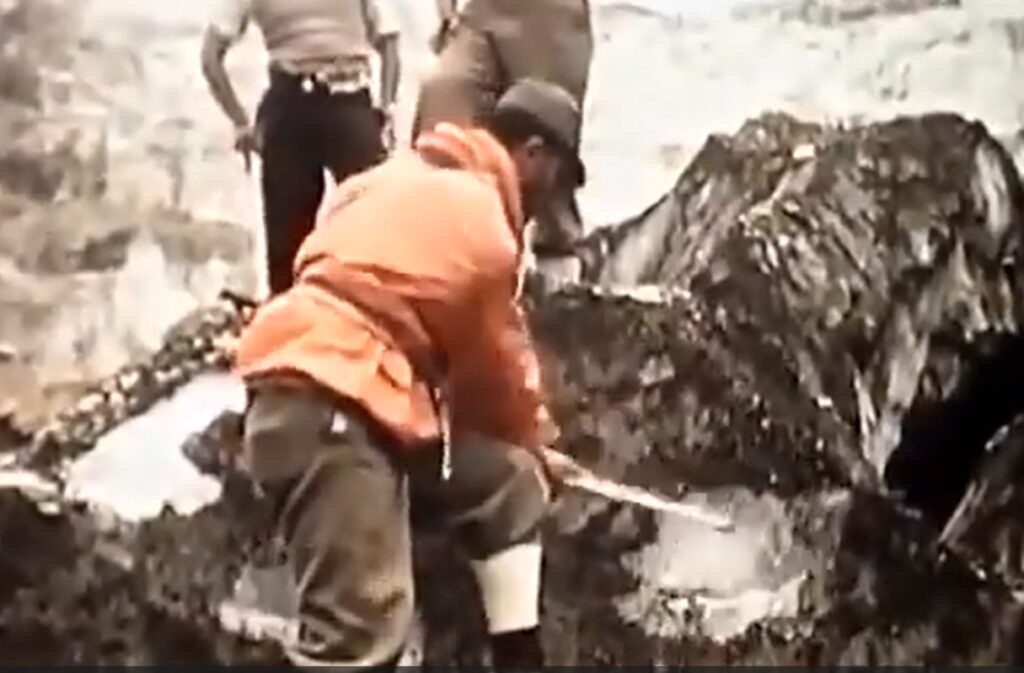
As the expedition approached its end in early August, a small team including Ridley, Nichols, Jonson, Dr. Jones, Shah Khan, and Hughes set out from Camp I(a) for one last climb before departure. Despite initial hesitation from the leader, the climbers were allowed to pursue their separate objectives. Their chosen summit, originally nicknamed Cairngorm but later named Etwar (Urdu for “Sunday”), lay on the left arm of the northwest glacier and had been previously reconnoitred during earlier forays.
Shah Khan’s presence in this final climbing group underscores his significant role as both a mountaineer and team leader, trusted for his strength, composure, and experience in high-altitude operations. His involvement in the successful ascent of Etwar Peak marked another milestone in his contribution to early Karakoram exploration — cementing his place among the pioneers who helped chart Pakistan’s mountain frontiers.
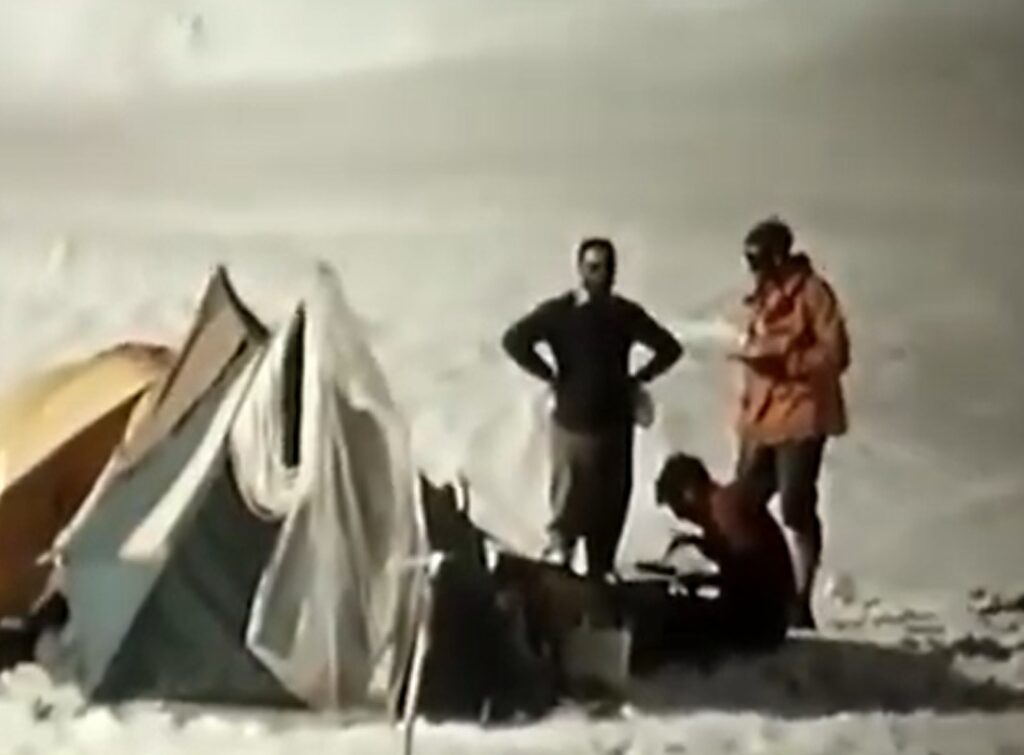
The Legacy Continues: Colonel Sher Khan
Shah Khan’s legacy lives on through his son, Colonel Sher Khan, who fulfilled his father’s dreams by making first ascents on Rakaposhi, Passu Peak, and other Karakoram giants. The two together represent a powerful bond of devotion—to the mountains they conquered and the homeland they cherished.
When Group Captain Mohammad Shah Khan passed away on November 19, 2016, at 92, he was laid to rest in Chinar Bagh, next to the monument honoring the martyrs of Gilgit-Baltistan’s liberation struggle. It was a fitting place for a man who fought for freedom and challenged the limits of human endurance.
This Gilgit Mutiny Day, we remember Shah Khan not just as a fighter for the liberation of his people but as a true mountain man—one who carried the spirit of Hunza from its valleys to the highest peaks of the Karakoram, blending the bravery of war with the peaceful power of the mountains.
